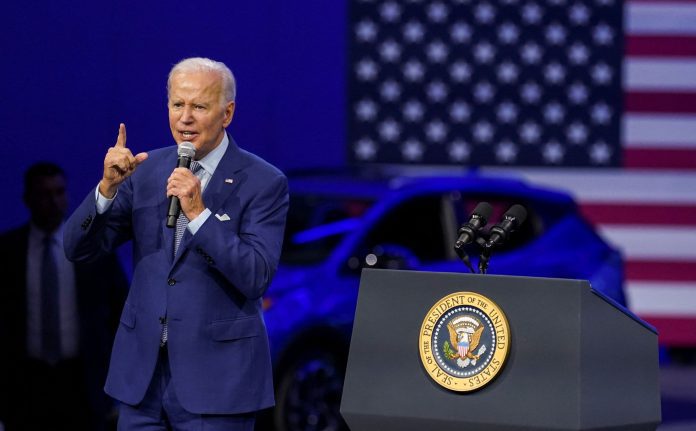In a world where market forces often dictate the direction of the automotive industry, with the latest Federal government plans, it’s becoming increasingly clear that the government’s push for electric vehicles (EVs) may be causing more harm than good. As an industry insider, I’ve observed with growing concern how government mandates are forcing Original Equipment Manufacturers (OEMs) to produce electric vehicles that, quite frankly, the broader market either doesn’t seem to want or can’t afford.
Recent industry studies paint a gloomy picture. EV purchases once hailed as the future of transportation, have started to decline. This trend contradicts the government’s well-intentioned but ultimately misguided belief that EVs are the answer to our environmental woes. But are they really?
It’s Time to Ask the Tough Questions
Is it wise for governments to pressure OEMs into producing vehicles that aren’t resonating with average consumers? How can we expect a thriving automotive industry when, according to the latest information, “The global electric vehicle (EV) market is reeling from one of the most dramatic collapses in monthly sales to date, with Rystad Energy research showing that only 672,000 units were sold in January, almost half of December 2022 sales and a mere 3% year-on-year increase over January 2022?”
RystandEnergy’s press release continues, “The EV market share among all passenger car sales also tumbled to 14% in January, well down on the 23% seen in December.” So, if the cars we are being urged to create are simply not gaining traction unless highly incentivized, that’s not a plan of success. Nor is it sustainable.
Success Favors Consumer Choice
Many automotive experts argue that the government should instead focus on developing and promoting sustainable technologies that can be applied to a broader range of vehicles, including hybrids and fuel-efficient internal combustion engines. This approach would foster innovation and ensure that consumer preferences remain at the forefront of industry decisions.
Moreover, it’s crucial to consider the significant investments made by OEMs in EV production facilities and charging infrastructure. If the demand for EVs continues to fall, these investments could quickly become financial burdens that may, in turn, threaten the stability of the entire automotive industry.
There is no denying that EVs have a role to play in the future of transportation. However, that future must be built on a foundation of consumer choice and market-driven innovation rather than government mandates.
So, what’s the solution?
For starters, governments and policymakers need to reassess their approach. Instead of forcing OEMs to produce EVs that no one wants, they should invest in research and development for a range of sustainable transportation technologies. For one example, as part of a push to be Net Zero Carbon by 2030, F1 has a different solution, but not because of EVs. Instead, the sport is pioneering a ‘drop-in’ 100% sustainable fuel that can be used in F1 cars by 2026 and, more importantly, by most road cars worldwide.
If the government does not put all the sustainability eggs in one agenda basket, it could help OEMs identify and produce the vehicles that will truly resonate with consumers and address environmental concerns.
Let the Market Decide
The automotive industry is at a critical juncture, and we must make the right choices now to ensure a successful transition to a sustainable future. By working together, governments, OEMs, and consumers can create a market-driven approach that fosters innovation, supports consumer preferences, and ultimately leads to a greener, more efficient transportation landscape. Unless, of course, the government’s genuine desire is to collapse an industry and, in doing so, ultimately stop freedom of transportation.
It’s time for governments to rethink their approach and to collaborate and, more critically, listen to what the OEMs and consumers are saying if they wish to create a sustainable automotive industry that genuinely addresses the needs and desires of its clientele. Let’s give the market the power to dictate its own path to a greener future rather than forcing it down a road that leads nowhere.



